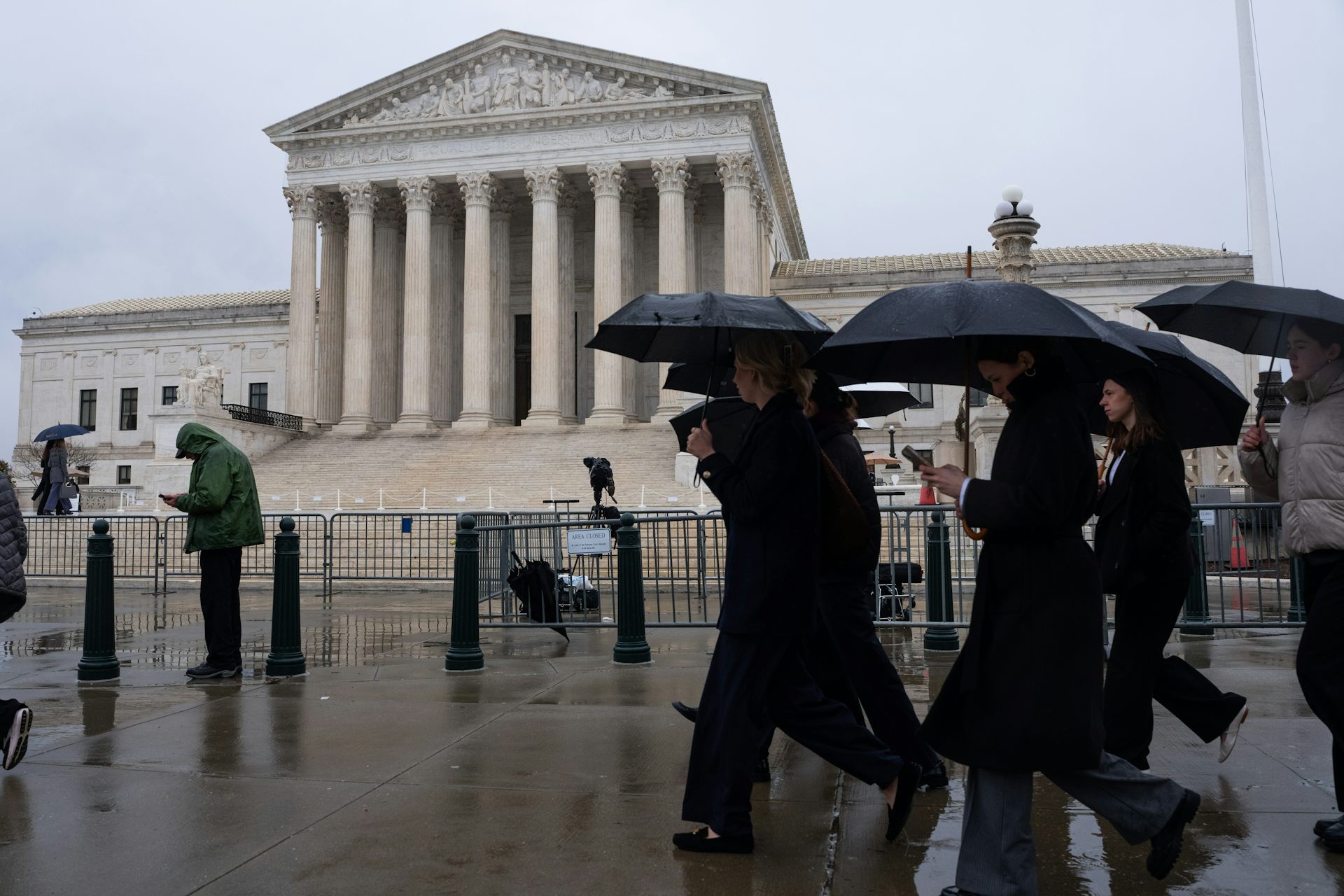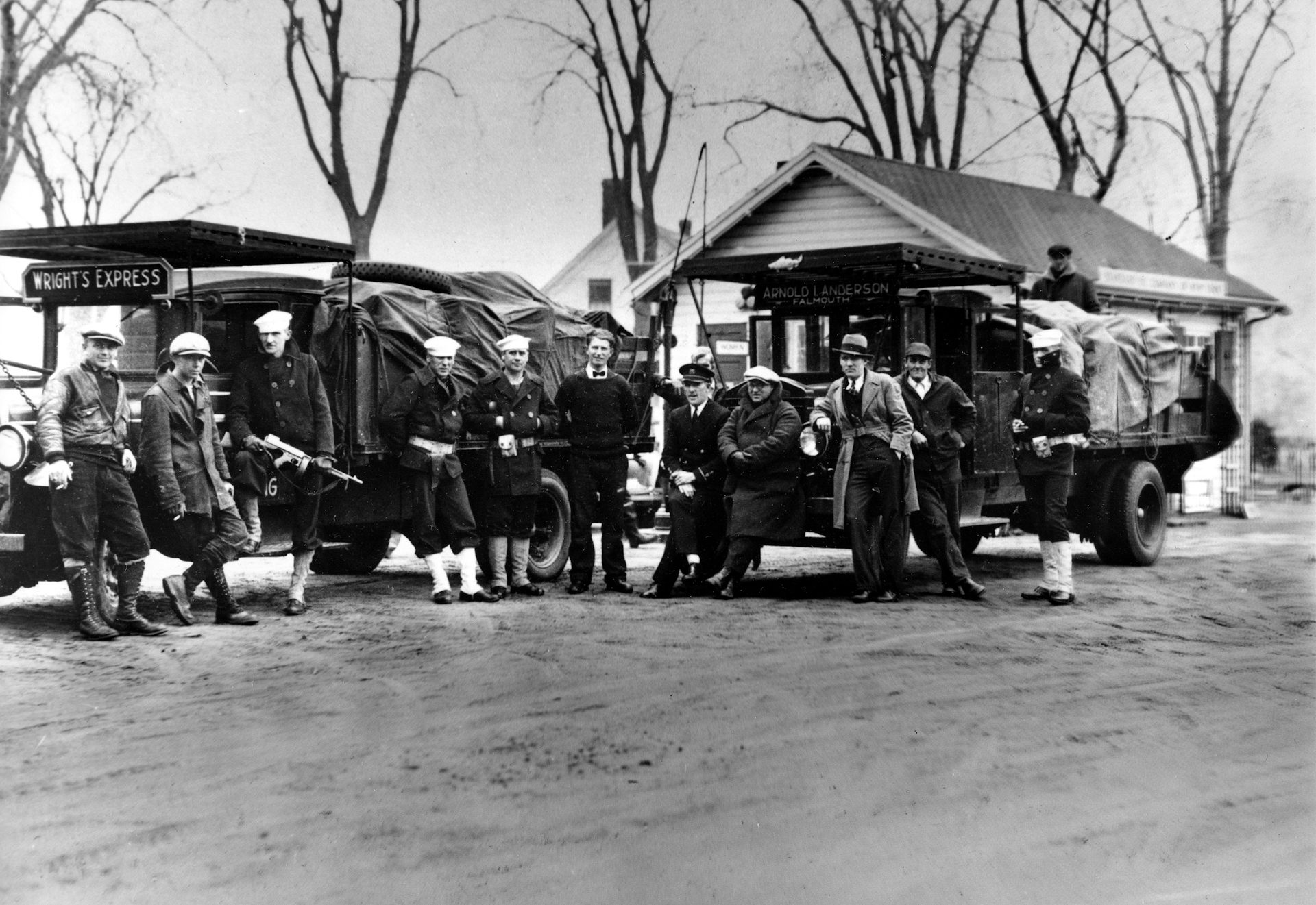Brain scans of Philly jazz musicians reveal secrets to reaching creative flow
Neuroscientists analyzed the brain waves of 32 jazz guitarists as they improvised to chords and rhythms. Their findings suggest 2 key principles support innovative thinking.

Flow, or being “in the zone,” is a state of amped-up creativity, enhanced productivity and blissful consciousness that, some psychologists believe, is also the secret to happiness. It’s considered the brain’s fast track to success in business, the arts or any other field.
But in order to achieve flow, a person must first develop a strong foundation of expertise in their craft. That’s according to a new neuroimaging study from Drexel University’s Creativity Research Lab, which recruited Philly-area jazz guitarists to better understand the key brain processes that underlie flow. Once expertise is attained, the study found, this knowledge must be unleashed and not overthought in order for flow to be reached.
As a cognitive neuroscientist who is senior author of this study, and a university writing instructor, we are a husband-and-wife team who collaborated on a book about the science of creative insight. We believe that this new neuroscience research reveals practical strategies for enhancing, as well as elucidating, innovative thinking.
Jazz musicians in flow
The concept of flow has fascinated creative people ever since pioneering psychological scientist Mihály Csíkszentmihályi began investigating the phenomenon in the 1970s.
Yet, a half-century of behavioral research has not answered many basic questions about the brain mechanisms associated with the feeling of effortless attention that exemplifies flow.
The Drexel experiment pitted two conflicting theories of flow against each other to see which better reflects what happens in people’s brains when they generate ideas. One theory proposes that flow is a state of intensive hyperfocus on a task. The other theory hypothesizes that flow involves relaxing one’s focus or conscious control.
The team recruited 32 jazz guitarists from the Philadelphia area. Their level of experience ranged from novice to veteran, as quantified by the number of public performances they had given. The researchers placed electrode caps on their heads to record their EEG brain waves while they improvised to chord sequences and rhythms that were provided to them.
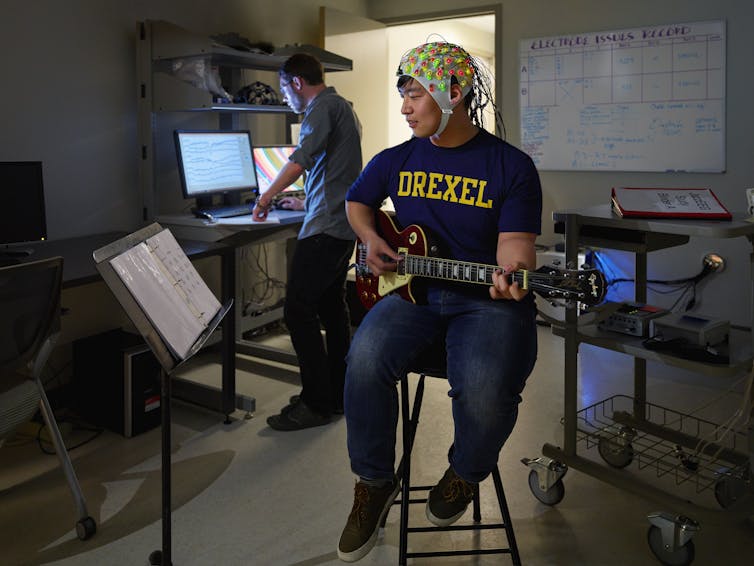
Jazz improvisation is a favorite vehicle for cognitive psychologists and neuroscientists who study creativity because it is a measurable real-world task that allows for divergent thinking – the generation of multiple ideas over time.
The musicians themselves rated the degree of flow that they experienced during each performance, and those recordings were later played for expert judges who rated them for creativity.
Train intensively, then surrender
As jazz great Charlie Parker is said to have advised, “You’ve got to learn your instrument, then, you practice, practice, practice. And then, when you finally get up there on the bandstand, forget all that and just wail.”
This sentiment aligns with the Drexel study findings. The performances that the musicians self-rated as high in flow were also judged by the outside experts as more creative. Furthermore, the most experienced musicians rated themselves as being in flow more than the novices, suggesting that experience is a precondition for flow. Their brain activity revealed why.
The musicians who were experiencing flow while performing showed reduced activity in parts of their frontal lobes known to be involved in executive function or cognitive control. In other words, flow was associated with relaxing conscious control or supervision over other parts of the brain.
And when the most experienced musicians performed while in a state of flow, their brains showed greater activity in areas known to be involved in hearing and vision, which makes sense given that they were improvising while reading the chord progressions and listening to rhythms provided to them.
In contrast, the least experienced musicians showed very little flow-related brain activity.
Flow vs. nonflow creativity
We were surprised to learn that flow-state creativity is very different from nonflow creativity.
Previous neuroimaging studies suggested that ideas are usually produced by the default-mode network, a group of brain areas involved in introspection, daydreaming and imagining the future. The default-mode network spews ideas like an unattended garden hose spouts water, without direction. The aim is provided by the executive-control network, residing primarily in the brain’s frontal lobe, which acts like a gardener who points the hose to direct the water where it is needed.
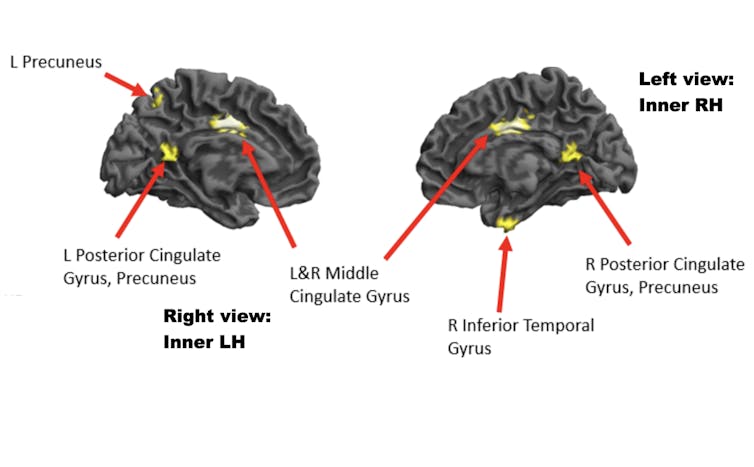
Creative flow is different: no hose, no gardener. The default-mode and executive-control networks are tamped down so that they cannot interfere with the separate brain network that highly experienced people have built up for producing ideas in their field of expertise.
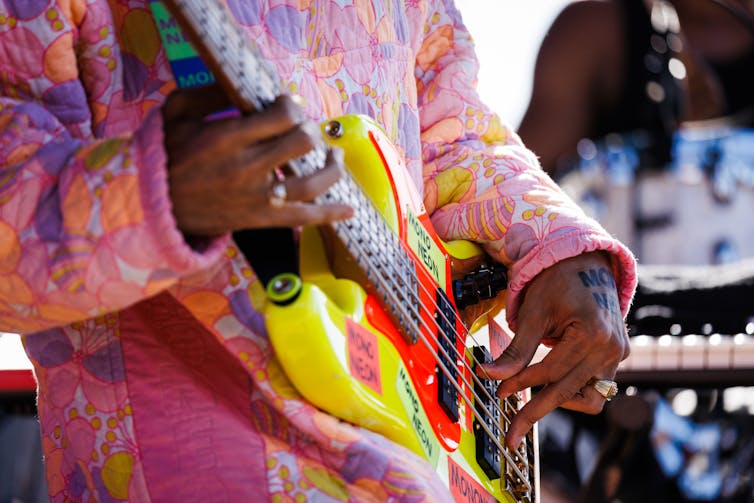
For example, knowledgeable but relatively inexperienced computer programmers may have to reason their way through every line of code. Veteran coders, however, tapping their specialized brain network for computer programming, may just start writing code fluently without overthinking it until they complete – perhaps in one sitting – a first-draft program.
Coaching can be a help or hindrance
The findings that expertise and the ability to surrender cognitive control are key to reaching flow are supported by a 2019 study from the Creativity Research Lab. For that study, jazz musicians were asked to play “more creatively.” Given that direction, the nonexpert musicians were indeed able to improvise more creatively. That is apparently because their improvisation was largely under conscious control and could therefore be adjusted to meet the demand. For example, during debriefing, one of the novice performers said, “I wouldn’t use these techniques instinctively, so I had to actively choose to play more creatively.”
On the other hand, the expert musicians, whose creative process was baked in through decades of experience, were not able to perform more creatively after being asked to do so. As one of the experts put it, “I felt boxed-in, and trying to think more creatively was a hindrance.”
The takeaway for musicians, writers, designers, inventors and other creatives who want to tap into flow is that training should involve intensive practice followed by learning to step back and let one’s skill take over. Future research may develop possible methods for releasing control once sufficient expertise has been achieved.
John Kounios currently receives grant funding from DiagnaMed Inc. for research on brain aging and has in the past received grant funding from the National Institutes of Health and the National Science Foundation for cognitive neuroscience research on memory, problem-solving, and creativity.
Yvette Kounios does not work for, consult, own shares in or receive funding from any company or organization that would benefit from this article, and has disclosed no relevant affiliations beyond their academic appointment.
Read These Next
As war in Ukraine enters a 5th year, will the ‘Putin consensus’ among Russians hold?
Polling in Russia suggests strong support for President Vladimir Putin. Yet below the surface, popular…
Supreme Court rules against Trump’s emergency tariffs – but leaves key questions unanswered
The ruling strikes down most of the Trump administration’s current tariffs, with more limited options…
Enforcing Prohibition with a massive new federal force of poorly trained agents didn’t go so well in
Both Prohibition and current mass deportation efforts were hastily built, staffed by people permitted…



